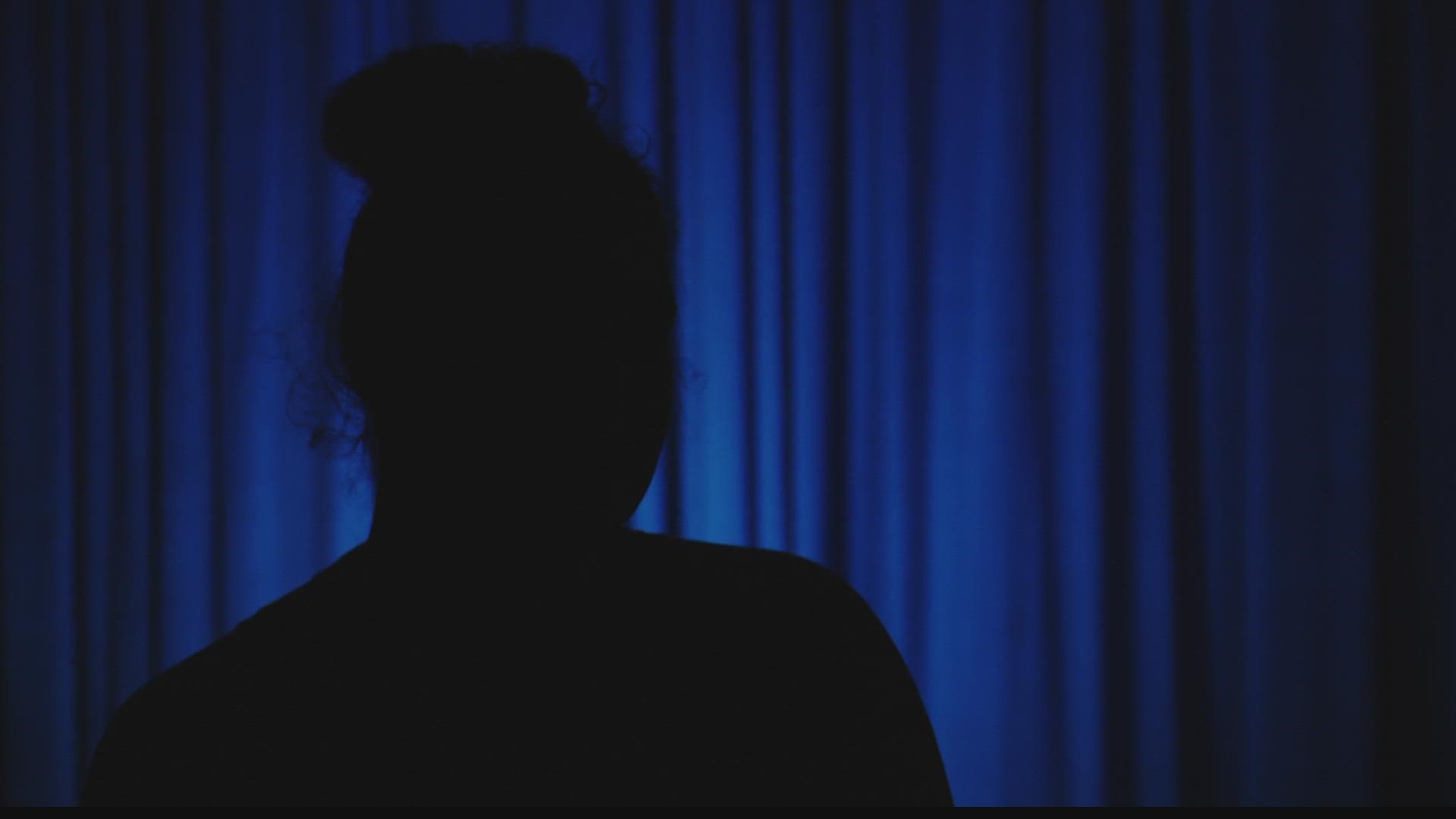INDIANAPOLIS — U.S. Supreme Court justices met for the first time Thursday since a draft opinion suggesting they're likely to overturn the Roe v. Wade decision was leaked.
While the draft is far from an official ruling, abortion-rights activists say all signs point to the undoing of 50 years of precedent. One of the top debates about abortion rights results from cases where a woman has been sexually abused.
“I had an abortion in 2017. I was 22,” an Indianapolis woman told 13News this week.
She didn’t want to give her name, but not because she’s ashamed of the abortion she had when she was in college.
“I don’t carry that shame or guilt,” she said.
Instead, this now-26-year-old wants to stay anonymous because she said she wants to protect the people she loves from being judged for the choice she made five years ago, especially right now, when the national debate surrounding abortion has taken center stage with the possible overturning of Roe v. Wade.
“It’s important to me, because there is a societal shame and guilt attached to someone who receives an abortion,” the woman explained, saying when she thinks about the abortion she had, she pictures herself, already a single mother to a toddler at the time, about to graduate from college, with plans for graduate school.
“I’m sitting on my couch and across from me is my GRE book and I’m contemplating a decision that will change the course of my future,” she remembered.
A decision that she made when she found out she was pregnant, just three weeks after non-consensual sex with a man she had been seeing.
“It was an immediate pit in my stomach. It was an immediate feeling of disgust. This person I had trusted just betrayed my trust, just betrayed my wishes,” she recalled, explaining that her wishes had been for her partner to wear a condom for protection against pregnancy and STDs.
She said that's how the encounter started out.
“At some point, the condom was removed, intentionally removed by him and at that point, it became non-consensual sex for me,” the woman said, explaining that what happened is commonly referred to as “stealthing,” where a man removes the condom during sex.
The woman said she didn’t report what happened to police because back then, Indiana didn’t define consent in its laws about rape, like it does now.
“It’s hard to come to the court and say, ‘He took the condom off. This is rape,’ and get the support and the protection that somebody needs in that,” she said.
RELATED: No, Supreme Court justices didn’t say the U.S. needs a ‘domestic supply of infants’ for adoption
What happened to the Fort Wayne native will happen to more than three million other women in the United States in their lifetime, according to the CDC. Women who will become pregnant after being raped.
A 2017 survey that looked at intimate partner and sexual violence found that just over 77% of rape-related pregnancies happened after a woman was raped by a current or former partner.
Those same women, according to the survey, were significantly more likely to have experienced reproductive coercion, or birth control sabotage, compared to women who were raped by an intimate partner, but didn’t become pregnant.
“That’s horrible numbers, to think that anybody can see that and think, ‘Well, if the outcome is conception, there’s no option for you,’” she said.
It’s a thought that keeps this mother up at night, especially with the future of abortion rights in question.
“Putting bans on people’s health care doesn’t stop abortions. It only stops safe abortions,” she said. “I knew in my heart that it was the right choice for me."

